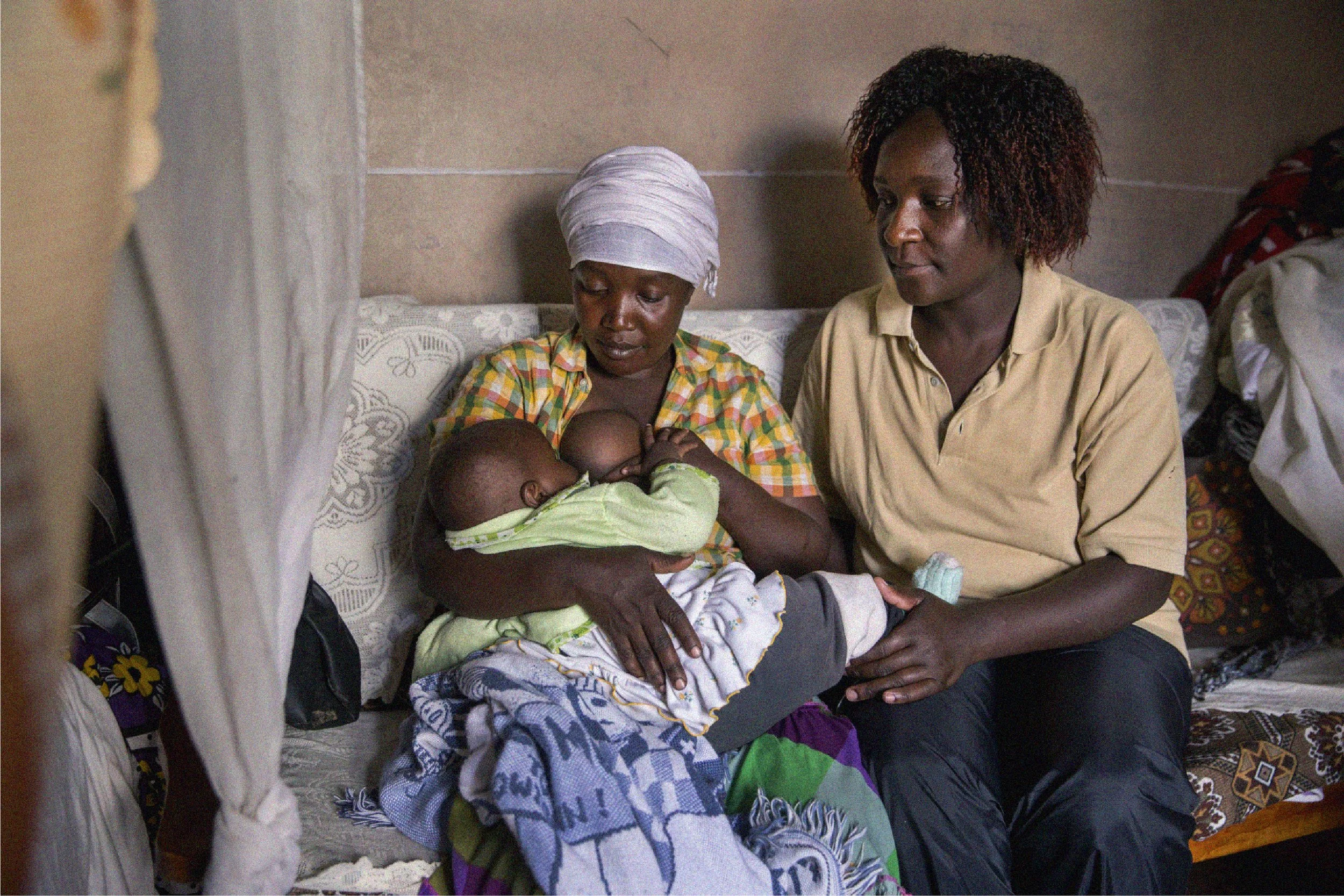INVESTMENT PRIORITIES
Resilient Service Delivery
Challenge
Rapid, coordinated response is essential to managing the harmful impacts of extreme weather on communities’ health and livelihoods, but many communities and health facilities lack clear, resourced, and inclusive emergency preparedness and response (EPR) and disaster risk reduction (DRR) plans. Without such plans, emergency response is often slow, uncoordinated, and fails to consider the unique needs of particularly vulnerable populations like women, people living with disabilities, and members of other marginalized groups. This can generate additional risks and barriers to full recovery: for example, the lack of women-friendly spaces in evacuation shelters often results in increased sexual violence, unplanned pregnancies, unsafe abortions, and pregnancy complications among displaced women.
Opportunity to advance gender equality and SRHR
Anticipatory disaster-response health measures, co-designed by young women and girls, can reduce climate-related health risks and increase the potential for affected populations to access essential SRHR services during climate disasters. These anticipatory disaster-response health measures can contribute to community resilience, support recovery efforts, and foster a sense of safety and well-being among those affected by the disaster.
Recommended investments
Develop and resource community-driven, gender-responsive EPR and DRR policies and plans to ensure the health and rights of those most affected by climate disasters are protected.
Provide gender-responsive capacity-building and training programs for emergency responders, community leaders, and other stakeholders involved in disaster management.
Explore innovations in nimble, mobile healthcare delivery that can be deployed rapidly to provide immediate medical assistance tailored to their needs, including primary healthcare, reproductive health services, maternal and child health care, and emergency care.
Work with youth to co-design SRH service delivery options to guarantee continued access to healthcare services for displaced and migrant populations.
Offer financial support in the form of parametric insurance and/or direct cash assistance/emergency cash transfers to affected communities to alleviate losses, provide access to urgently-needed resources, and support long-term rebuilding.
Illustrative metrics of success
Participation of young people, especially young women, in decision-making bodies related to emergency planning, preparedness, and management increases.
The provision of gender-sensitive health care during climate emergencies, including sexual and reproductive health services, psychosocial support, gender-based violence prevention and response, and access to clean water, sanitation, and hygiene facilities, is assessed and expanded.
Safety and security measures for women and marginalized groups during and after climate disasters, including evaluating the establishment of safe spaces, gender-segregated facilities, lighting, and security measures to prevent and respond to gender-based violence and ensure the well-being of all affected populations, increase.

Case Study
Philippines
Mobile SRH Delivery During Crises
Designed to reach remote areas, Women’s Health on Wheels (WHoW) provides rapid response to women in dire need due to climate disasters and other emergencies. Funded jointly by UNFPA and the government, the mobile unit is the first of its kind in the country to address medical issues surrounding reproductive health and gender-based violence in the aftermath of a crisis. Source: UNFPA Philippines


